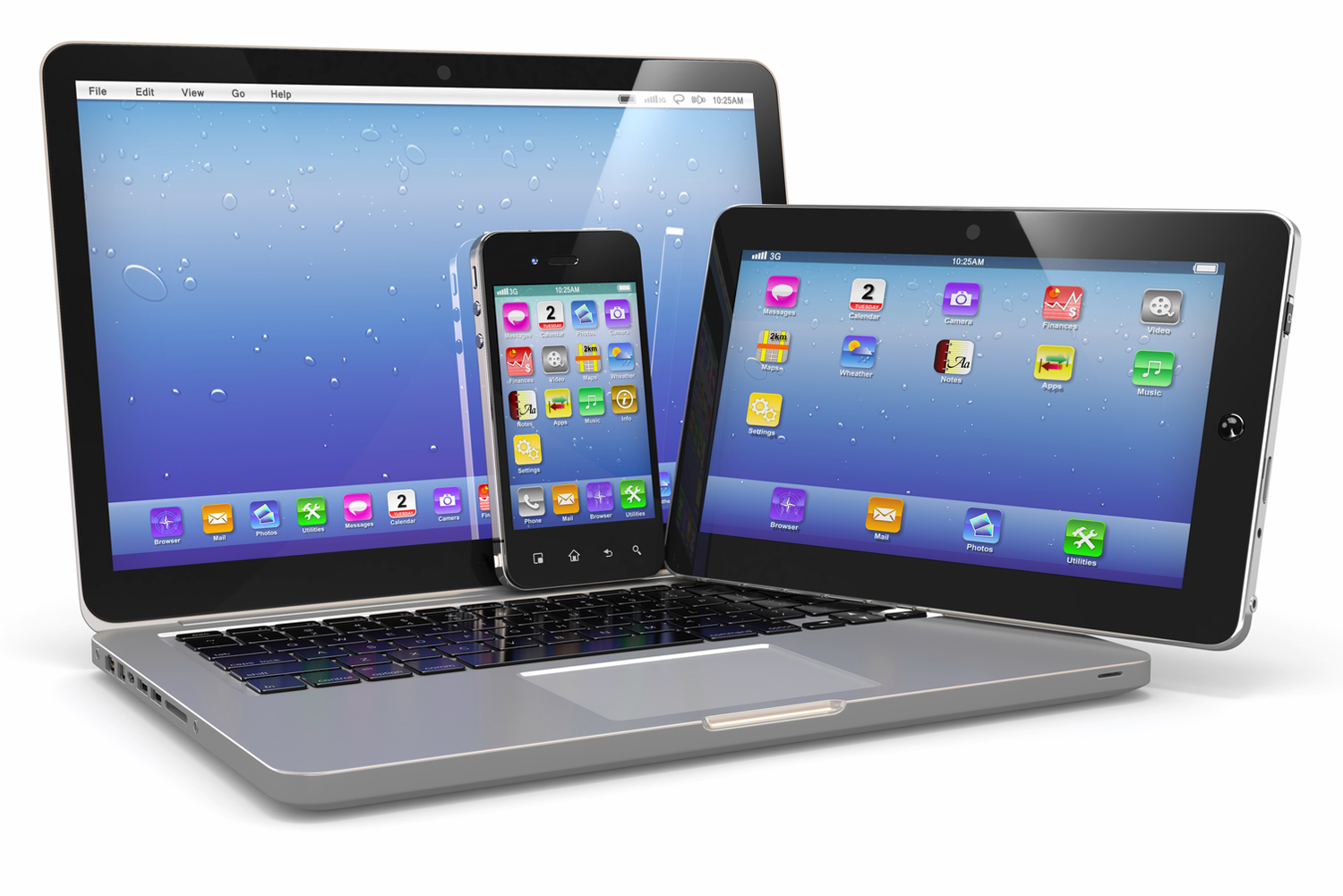No Ban on Imports: Companies Permitted to Import Laptops, Tablets, and More, Confirms Senior Official

No Ban on Imports: Companies Permitted to Import Laptops, Tablets, and More, Confirms Senior Official
The Indian government has announced an extension of the deadline for implementing import restrictions on laptops, tablets, and servers to 1st November. A notification from the Directorate General of Foreign Trade stated that import consignments of these products can be cleared without the need for a licence until 31st October.
The decision comes after the government’s previous announcement to restrict the import of electronic devices like laptops, tablets, all-in-one personal computers, ultra-small form factor computers, and servers only against a valid licence for restricted imports. However, in response to the concerns raised by various stakeholders and to allow for a smoother transition, the implementation date has been pushed back to 1st November.
This extension provides some relief to businesses and consumers who rely on importing laptops, tablets, and servers for their operations and personal use. It allows them more time to comply with the new regulations and obtain the necessary licences if required. The government’s move to impose import restrictions is aimed at promoting and bolstering the local manufacturing ecosystem for consumer electronics, a part of its ‘Make in India‘ campaign.
As per the statement from Rajeev Chandrasekhar, the Minister of State for Electronics and Information Technology, there will be a transition period before the implementation of import restrictions on laptops, tablets, and servers. The specific details and duration of this transition period will be notified soon by the government.

During this transition period, importers and businesses can continue to clear their consignments without the need for a licence, as mentioned in the recent government notification. This grace period aims to provide stakeholders with sufficient time to prepare and adjust their operations to comply with the new regulations.
The government’s decision to extend the deadline for implementing import restrictions and provide a transition period reflects their consideration of the challenges and concerns raised by various stakeholders, including businesses and consumers. It indicates the government’s willingness to adopt a phased approach to ensure a smooth and orderly transition to the new import regime for electronic devices.
The government official clarified that there is no complete ban on imports of IT hardware, laptops, tablets, and other related devices. Instead, companies and traders can continue to import these products, but they will need to apply for import licences to do so. The recent order regarding import restrictions does not prohibit imports altogether; rather, it requires importers to obtain a valid import licence for restricted imports.
This clarification comes as much-needed relief to companies and traders who were caught off guard by the initial order issued on Thursday, which led to confusion and concerns within the industry. The extension of the deadline until 1st November and the provision of a transition period before implementing the import restrictions offer businesses and stakeholders time to adjust and comply with the new regulations.

As the government works to implement the new policy, importers should be prepared to apply for the required import licences for restricted IT hardware imports after the transition period ends. This will ensure a smooth and lawful continuation of their import operations and compliance with the updated regulations in the coming months.
The Director General of Foreign Trade, under the Ministry of Commerce and Industries, has introduced a portal for applying for import licences for IT hardware products, such as laptops, tablets, servers, and personal computers. Already, two companies have submitted their applications through this portal.
The extension of the implementation deadline for import restrictions was considered after the industry raised concerns and requested more time for compliance. The government’s decision to extend the deadline to 1st November allows companies and traders to continue importing these products without a licence until that date. During this period, businesses can apply for the required import licences to ensure legal compliance when the new regulations take full effect.
The introduction of a portal for applying for import licences for IT hardware products, such as laptops, tablets, servers, and personal computers, by the Director General of Foreign Trade under the Ministry of Commerce and Industries, aims to regulate and ensure the use of trusted and verifiable systems in India’s tech ecosystem. The portal has already seen two companies submit their applications for import licences.
Entities seeking to import these IT hardware products can apply for more than one licence, allowing them to import multiple instances or shipments. Even different units within the same company can apply for separate licences. The licences issued will be valid for one year.
The extension of the implementation deadline for import restrictions to 1st November comes as a response to concerns raised by the industry, which requested more time for compliance. The extension allows companies and traders to continue importing these products without a licence until the specified date. During this period, businesses can apply for the required import licences to ensure legal compliance when the new regulations take full effect.

The move to impose import restrictions on IT hardware products was announced through a notification on Thursday, and the government’s subsequent clarification aims to provide clarity on the process of obtaining licences and ease any confusion. It is part of the government’s efforts to attract laptop, tablet, and hardware makers to India by reducing imports and promoting domestic manufacturing. The revised PLI scheme for IT hardware, with an allocation of ₹17,000 crore, was introduced in May to support this objective.
The intent behind the restriction on the import of IT hardware products, such as laptops, tablets, servers, and personal computers, is to attract more investment and promote domestic manufacturing within the country. The government aims to create an environment that encourages companies from various countries to establish their production facilities in India.
The objective is to replicate the successful model seen in the iPhone segment, where companies like Apple have started assembling and exporting iPhones from India. By encouraging similar manufacturing capabilities in the PC segment, the government aims to boost local production and reduce reliance on imports, particularly from China.
The government believes that there is excess manufacturing capacity in India for some of these IT hardware products, which can meet the domestic demand and also offer opportunities for export. Import restrictions are designed to incentivize companies to set up their production units in India, thereby promoting the growth of the local manufacturing ecosystem and generating employment opportunities.

Additionally, the imposition of import restrictions is intended to address the trade imbalance with China, as most of these IT hardware items were being imported from China. By reducing imports and promoting domestic production, the government seeks to bolster India’s position in the global electronics market and strengthen its economy.




